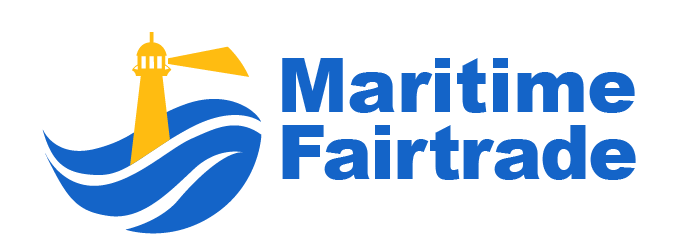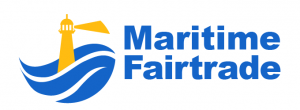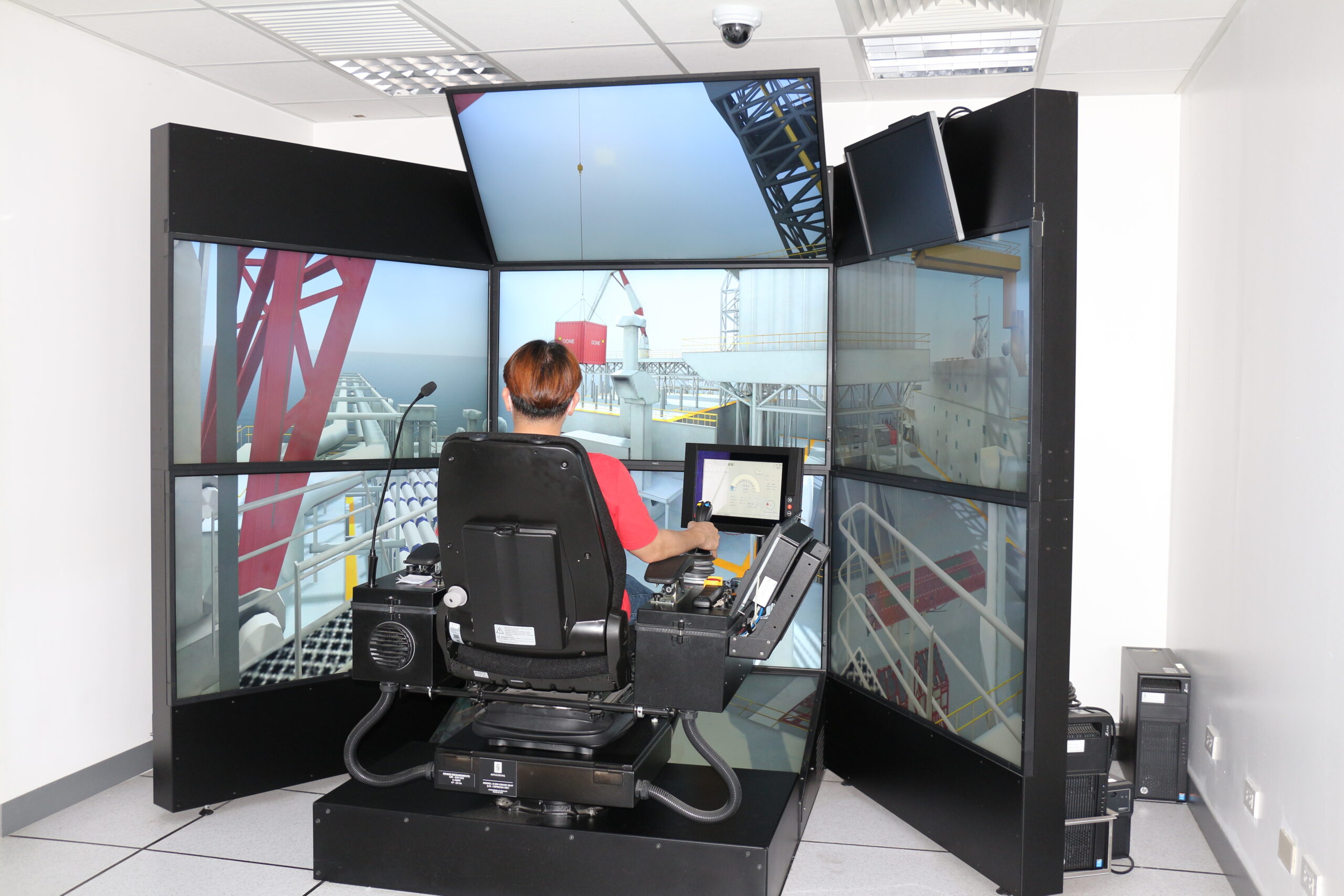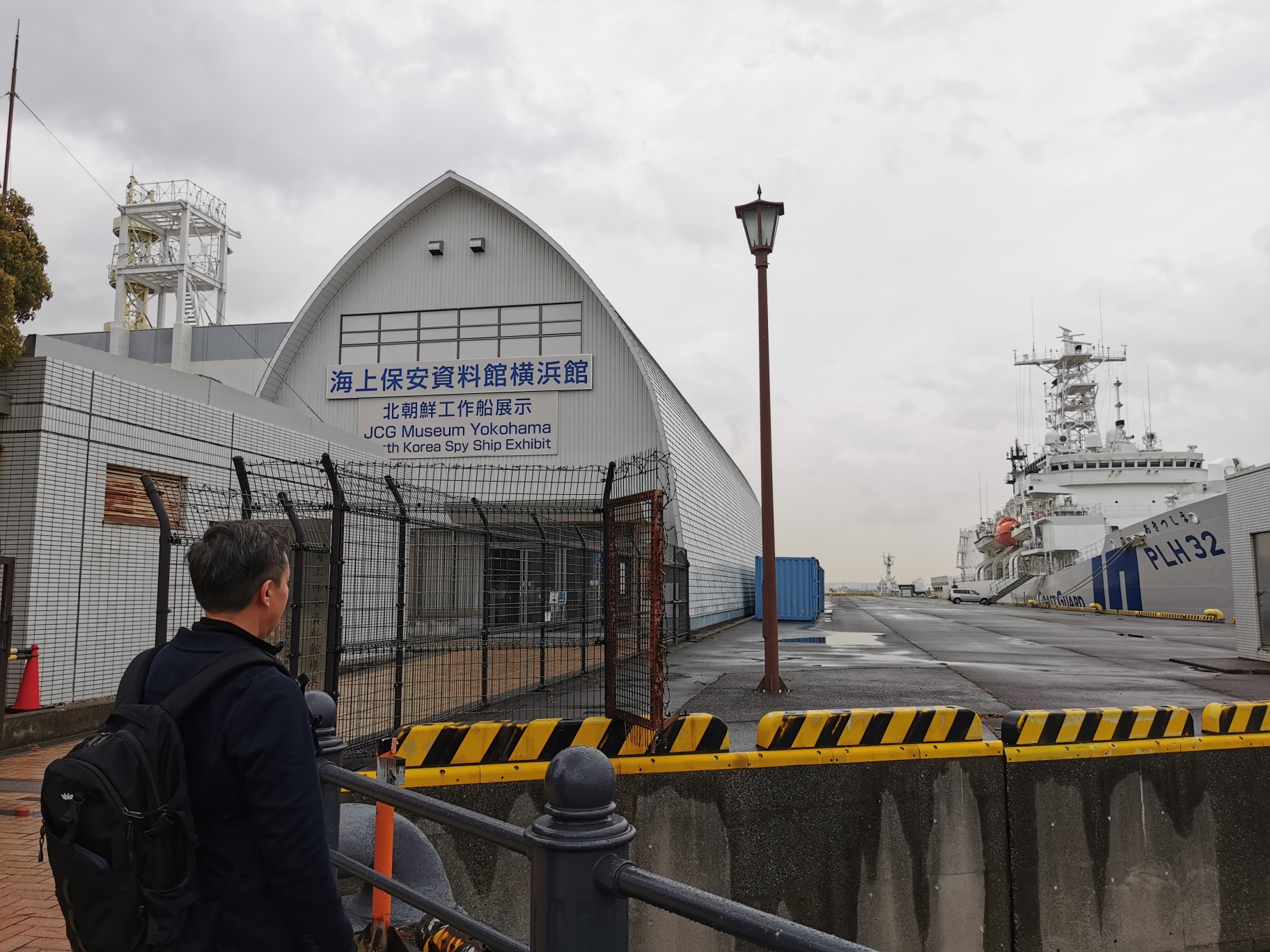Philippine’s president Ferdinand R. Marcos Jr. December 13 ordered the creation of an advisory board comprising government agencies, international shipowners and other stakeholders to address the non-compliance of the training of Filipino seafarers to the Standards of Training, Certification and Watchkeeping (STCW) Convention.
The move is also part of the Marcos administration’s efforts to comply with the European Maritime Safety Agency (EMSA) standards after the EU flagged the Philippines for deficiencies in local seafarer training and education earlier this year.
Marcos Jr. issued the directive during a meeting with international maritime employers and various shipowners in Brussels, Belgium.
In his remarks, he assured the European Union’s transport officials that the Philippine government is working hard to address certification issues concerning Filipino seafarers to make them compliant with the STCW Convention.
Department of Migrant Workers (DMW) Secretary Susan “Toots” Ople said the law identifies the establishment of an advisory body to assess training and qualifications.
“Under the law creating the Department of Migrant Workers, we checked and there’s a provision there that the department can actually form or create advisory bodies with the participation of key stakeholders including employers and in this case the international shipowners,” Ople said.
“We can meet on a regular basis with MARINA (Maritime Industry Authority), CHED (Commission on Higher Education) and other relevant institutions,” Ople added.
About 50,000 Filipino seafarers working in European vessels are reportedly at risk of losing their jobs due to the Philippines’ repeated failure to hurdle the EMSA evaluation in the last 16 years.
For years, the Philippines has provided EU Member States with competent and hardworking seafarers to man their vessels.
A United Nations Conference on Trade and Development (UNCTAD) 2021 study showed the Philippines remains the top provider of seafarers for both officers and ratings, across all departments, aboard merchant cargo vessels.
Last year, Filipino seafarers remitted a total of US$6.54 billion, up from $6.353 billion in 2020, or an increase of 3 percent, making them a significant contributor to the country’s economy.
Photo credit: iStock/ Igor-Kardasov










